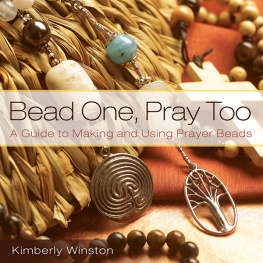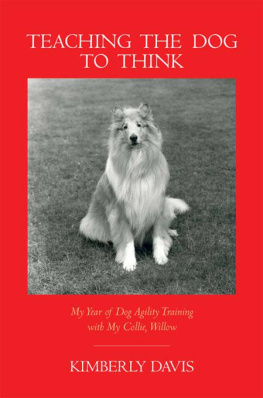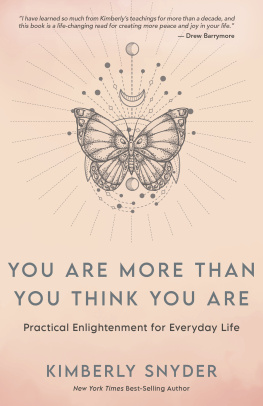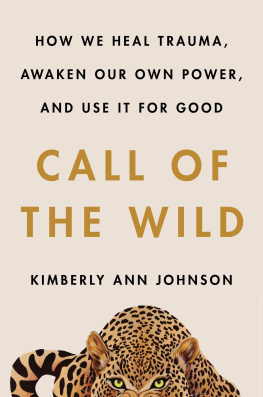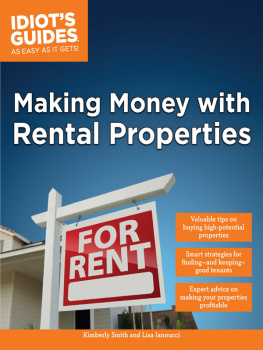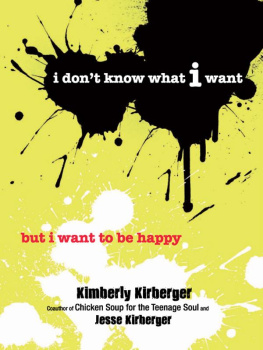Kimberly Guilfoyle - Making the Case: How to Advocate for Yourself in Work and Life
Here you can read online Kimberly Guilfoyle - Making the Case: How to Advocate for Yourself in Work and Life full text of the book (entire story) in english for free. Download pdf and epub, get meaning, cover and reviews about this ebook. year: 2015, publisher: Harper, genre: Home and family. Description of the work, (preface) as well as reviews are available. Best literature library LitArk.com created for fans of good reading and offers a wide selection of genres:
Romance novel
Science fiction
Adventure
Detective
Science
History
Home and family
Prose
Art
Politics
Computer
Non-fiction
Religion
Business
Children
Humor
Choose a favorite category and find really read worthwhile books. Enjoy immersion in the world of imagination, feel the emotions of the characters or learn something new for yourself, make an fascinating discovery.
- Book:Making the Case: How to Advocate for Yourself in Work and Life
- Author:
- Publisher:Harper
- Genre:
- Year:2015
- Rating:5 / 5
- Favourites:Add to favourites
- Your mark:
- 100
- 1
- 2
- 3
- 4
- 5
Making the Case: How to Advocate for Yourself in Work and Life: summary, description and annotation
We offer to read an annotation, description, summary or preface (depends on what the author of the book "Making the Case: How to Advocate for Yourself in Work and Life" wrote himself). If you haven't found the necessary information about the book — write in the comments, we will try to find it.
Making the Case: How to Advocate for Yourself in Work and Life — read online for free the complete book (whole text) full work
Below is the text of the book, divided by pages. System saving the place of the last page read, allows you to conveniently read the book "Making the Case: How to Advocate for Yourself in Work and Life" online for free, without having to search again every time where you left off. Put a bookmark, and you can go to the page where you finished reading at any time.
Font size:
Interval:
Bookmark:
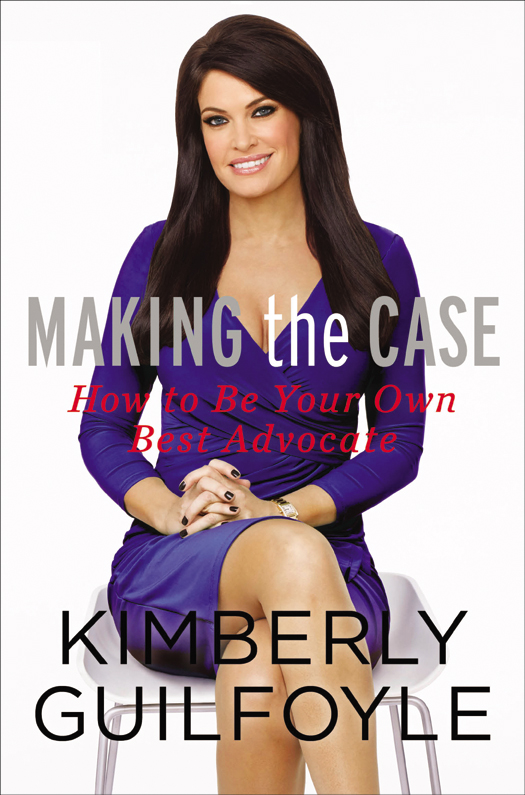
To three generations of Guilfoyle men, Anthony Christopher Guilfoyle, Anthony John Guilfoyle, and Ronan Anthony Villency
And to my mom, Mercedes Gerena Guilfoyle, who made it all possible.
Success is not final, failure is not fatal: it is the courage to continue that counts.
Winston S. Churchill
T hose of you who watch me on television know me as Kimberly Guilfoyle. My producer and colleagues also affectionately call me KG. But back in the days when I was deputy district attorney in Los Angeles, and before I became an ADA in the San Francisco district attorneys office, I was known as The Hurricane. The nickname was a nod to Rubin Hurricane Carter, the boxer who literally knew how to fight for his rights in and out of the ring. Carter had been wrongly accused of a crime, imprisoned for nearly twenty years, and ultimately freed after appealing his case several times. He then went on to become an advocate for other wrongly accused prisoners, proving his mettle in the process.
When you are trying someone for a crime, as I did in my early career, the consequences for the victim, the defendant, and their families can be grave. In many cases someones life hangs in the balance, so you better be precise with your investigation, your evidence, your words, and your intentions. I strived to do that every day and still do. Defendants would groan whenever they saw me enter a courtroom because I had a reputation for coming armed with the facts and for winning cases.
Later, when I served as first lady of San Francisco, having been married to the former mayor of that city and current lieutenant governor of California, Gavin Newsom, my role was to champion the rights of all the citys citizens.
In time I moved into cable and broadcast journalism to report on and analyze high profile legal cases as host of Both Sides on Court TV and The Lineup on the Fox News Channel. My longtime fans will remember me too for my regular appearances on CNN and Good Morning America. I covered the Scott Peterson, JonBenet Ramsey, Natalee Holloway, Kobe Bryant, and Michael Jackson trials, among many others. Viewers told me that they appreciated the way Id home in quickly on what makes a sound point and what makes a flawed one. And just as important, they appreciated my ability to explain the difference.
Currently, I am a host on two of Fox News Channels popular opinion programs, The Five and Outnumbered, a legal analyst on The OReilly Factor, and a political/legal analyst on Hannity. All of this is how I came to be known as an expert in making the case.
Now when people stop me on the street they tell me how much Ive influenced their thinking on todays most hotly debated issues. Its wonderful to hear their feedback. I really value what they have to say and am thrilled that they consider me an inspiration. More often than not, they ask me questions too. What they most want to know is how I do what I do.
These inquisitive peopleespecially the young ones who are searching for their place in the worldinvariably ask where I studied. They not only wonder how I got such exciting jobs, but also theyre eager to find out how I was trained. Many more want to know where my passion comes from and why and when I first became so outspoken in the interest of others. Some are just curious, but most are looking for ways to learn how to do the same thing themselvesnot necessarily in a court of law or in the media, but in their daily lives. They want to learn how to effectively communicate their ideas, thoughts, needs, and goals in their own homes, schools, and workplaces, as well as in their larger communities. And in these increasingly divisive times, they want to do so in a manner that furthers constructive dialogue and action.
These people are my motivation for writing this book. I truly believe that anyone can learn to do what I do and apply it in all aspects of their life. Even you. Especially you. You picked up this book with the intention of finding out those answers, right? So rally caps on for you!
Its a universal truth that all people want to be heard and understood. Effective communication is what drives our individual and collective success. As always, Im happy to share with you what I know about the skills and mental preparedness required to build, state, and sustain your position on any topic of relevance and importance to you so that now you too can become an expert in making the case.
I tell anyone who asks that I had an excellent education because I believe thats an important part of the equation. I graduated magna cum laude from University of California, Davis; studied law at Trinity College in Dublin, Ireland; and earned my juris doctorate degree at University of San Francisco School of Law. During that timeand certainly since thenIve had many amazing and insightful teachers, professors, and mentors. But I also tell people that the greatest classroom is life itself. It holds every lesson ever to be learned. You see, the very first appeal I made in the interest of another person occurred years before I held any of my degrees or titles.
When I was just eleven years old, my mother, Mercedes Gerena Guilfoyle, lost her long and painful battle with leukemia. As you might expect, her death was the defining moment in my life. Throughout her illness, I remember making my case with God as to why he should help this graceful, nurturing, passionate, artistic woman live a longer and full life. I had prayed before, but this case was by far my most important one. I tried not to make it about myself because I shared my mother with so many other people who relied on and adored her too. I thought God should hear that part of the argument. She was a loving wife to my dad and a doting mom to my brother as well as to me. She filled our home with music, dance, crafts, fantastic meals, and the most festive holiday and birthday celebrations. But she was also an extraordinary teacher who connected with her words and heart to the special needs students she taught, many of whom had complicated emotional and learning differences. She was beloved by these children and their families. And she was valued and respected by her peers, who knew what kind of patience, caring, warmth, intelligence, creativity, and commitment was required of her in a job that was especially difficult.
My appeal to God was very simple. As soon as my dad came home each night, Id run downstairs to meet him. My first question would be How is Mommy doing? I gauged her progress on a scale from one to ten and would always pray for her to be at least the same as the day before or better. Often those prayers were answered. In the end though, God had different plans for my mothers spirit. In retrospect, I believe he did answer my prayers for her to live on, because in so many ways her presence is felt in my life to this day. Her strength and wisdom helped to shape me. It left an indelible mark on my soul. She gave me my kind heart. But her passing was still such a tremendous loss for us all. This person who filled my cup with so much was gone and I had to figure out what to do next.
As often happens, we learn our most valuable lessons in the toughest of times and that, in fact, happened to me. What I have discovered since losing my mother is that you can always advocate for the best health care possible, but death is not something you can negotiate. A case, however, can be made for virtually EVERYTHING else in life. That is my motto and it was certainly the firm belief of my incredibly wise, determined, and resilient dad, Anthony Tony Guilfoyle. Before I share the tools to help you live by that motto too, let me just tell you a little about how those vital skills came to me.
Font size:
Interval:
Bookmark:
Similar books «Making the Case: How to Advocate for Yourself in Work and Life»
Look at similar books to Making the Case: How to Advocate for Yourself in Work and Life. We have selected literature similar in name and meaning in the hope of providing readers with more options to find new, interesting, not yet read works.
Discussion, reviews of the book Making the Case: How to Advocate for Yourself in Work and Life and just readers' own opinions. Leave your comments, write what you think about the work, its meaning or the main characters. Specify what exactly you liked and what you didn't like, and why you think so.

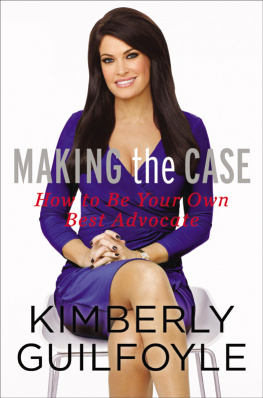
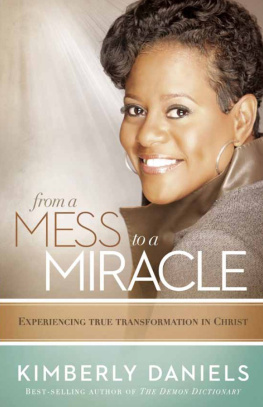

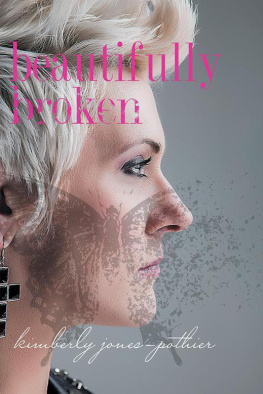
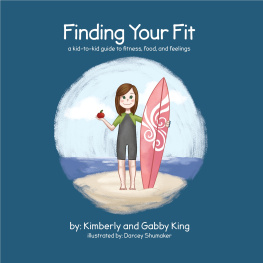
![Kimberly Irvine - Strong[Er+]: Becoming My Own Best Advocate and Discovering My Purpose](/uploads/posts/book/390634/thumbs/kimberly-irvine-strong-er-becoming-my-own-best.jpg)
